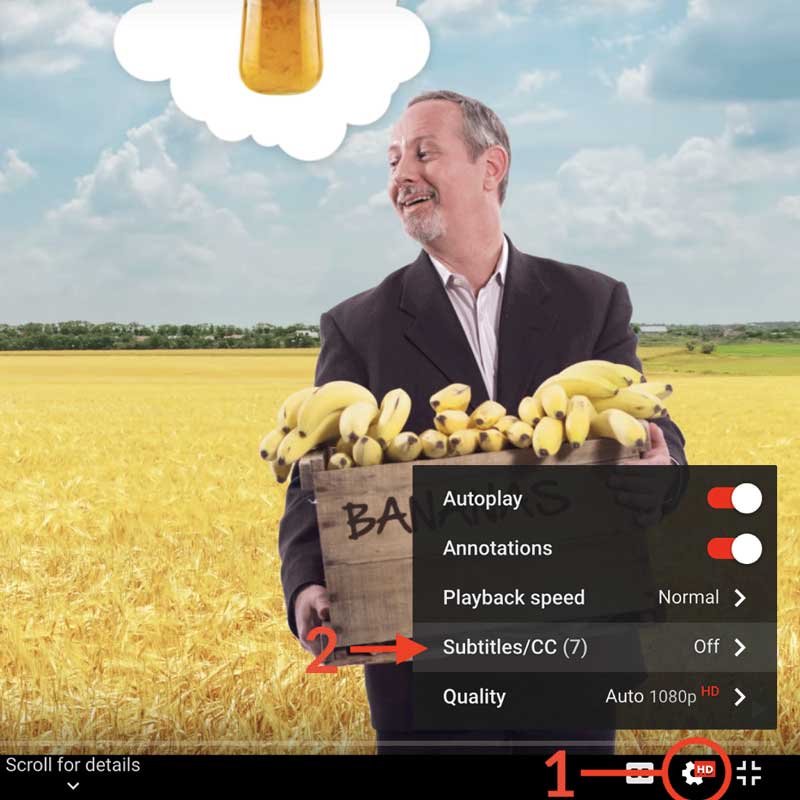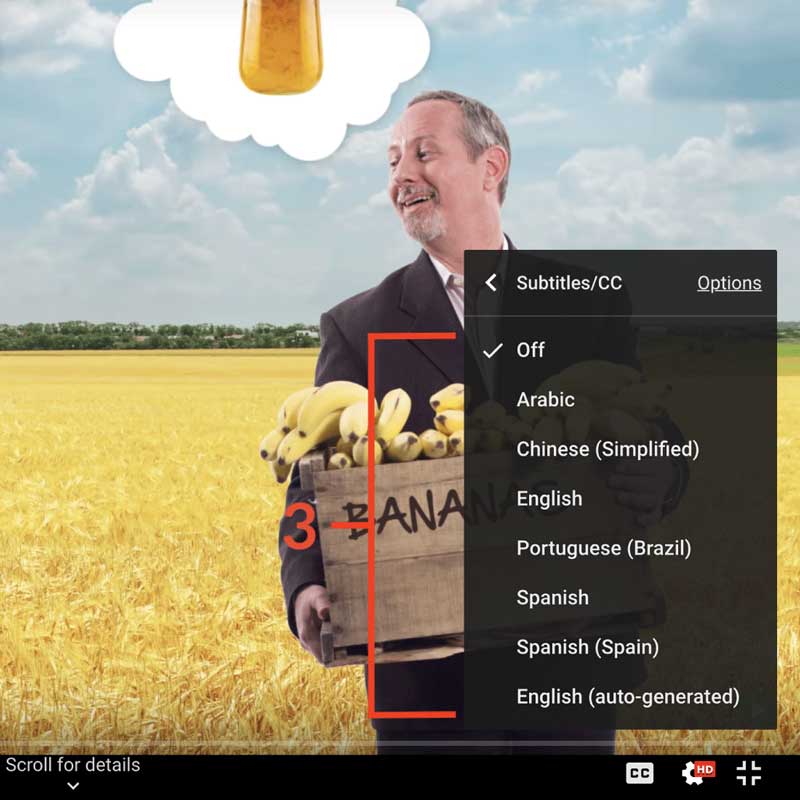Hayek on Interstate Federalism and Free Trade
Course Outline
Hayek on Interstate Federalism and Free Trade
In 1939, right before the outbreak of World War II, F.A. Hayek published an essay titled “The Economic Conditions of Interstate Federalism.” Friedrich Hayek looked beyond the turmoil of the time to wonder what type of European community may bring peace and free trade down the line. Decades before the formation of the European Union, Hayek argued that regional protectionism would have to cease and that the need for a common foreign policy would likely lead to common economic policy. Then, a common monetary policy would evolve. With respect to economic policy, Hayek believed the most important point member nations would agree on would be free trade. Hayek expressed concern over a new form of protectionism in this system, namely that of administrative regulation on trade and commerce. Hayek’s adherence to 19th century liberalism – a system embracing free trade and limited government – becomes clear toward the end of this essay.
Teacher Resources
Related to this course
See all Teacher Resources related to this course
Subtitles
Thanks to our awesome community of subtitle contributors, individual videos in this course might have additional languages. More info below on how to see which languages are available (and how to contribute more!).
How to turn on captions and select a language:
- Click the settings icon (⚙) at the bottom of the video screen.
- Click Subtitles/CC.
- Select a language.


Contribute Translations!
Join the team and help us provide world-class economics education to everyone, everywhere for free! You can also reach out to us at [email protected] for more info.
Submit subtitles
Accessibility
We aim to make our content accessible to users around the world with varying needs and circumstances.
Currently we provide:
- A website built to the W3C Web Accessibility standards
- Subtitles and transcripts for our most popular content
- Video files for download
Are we missing something? Please let us know at [email protected]
Creative Commons

This work is licensed under a Creative Commons Attribution-NoDerivatives 4.0 International License.
The third party material as seen in this video is subject to third party copyright and is used here pursuant
to the fair use doctrine as stipulated in Section 107 of the Copyright Act. We grant no rights and make no
warranties with regard to the third party material depicted in the video and your use of this video may
require additional clearances and licenses. We advise consulting with clearance counsel before relying
on the fair use doctrine.